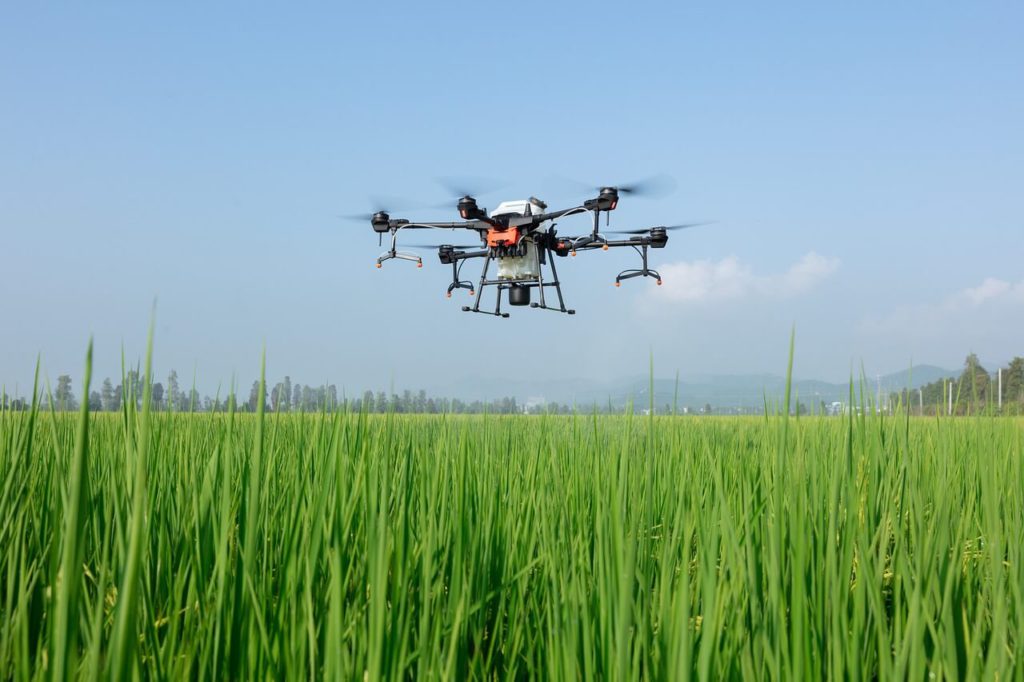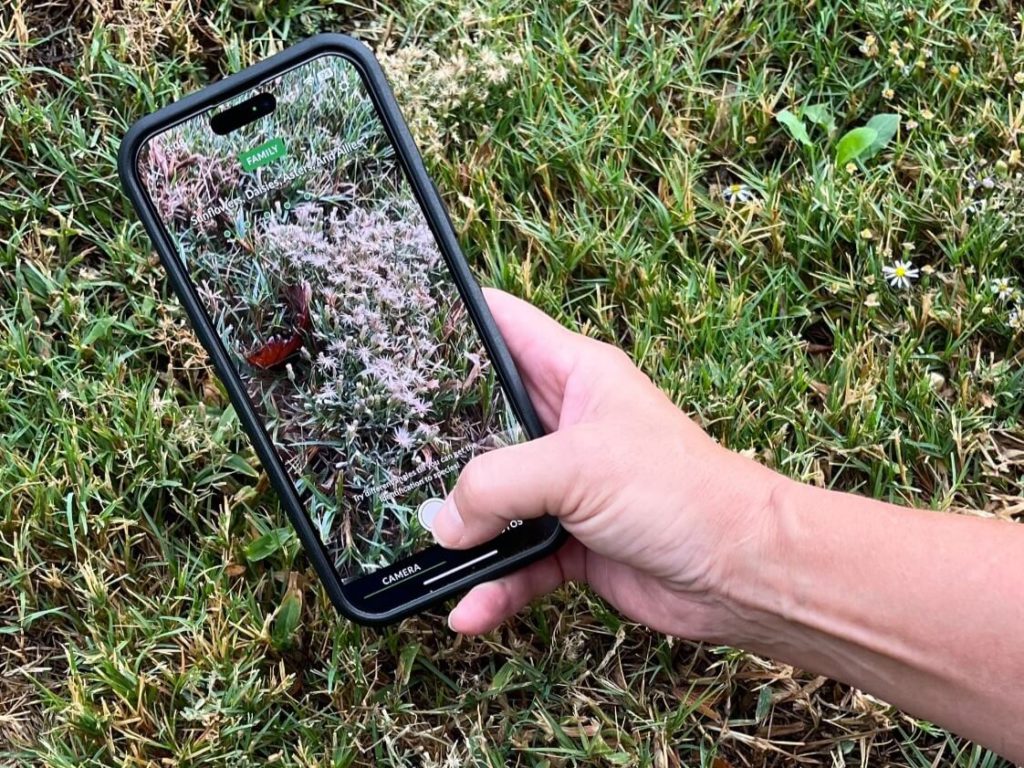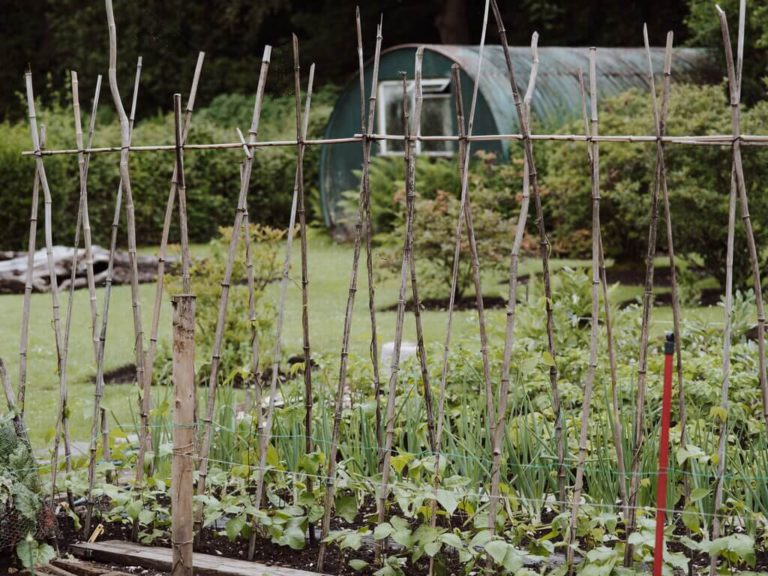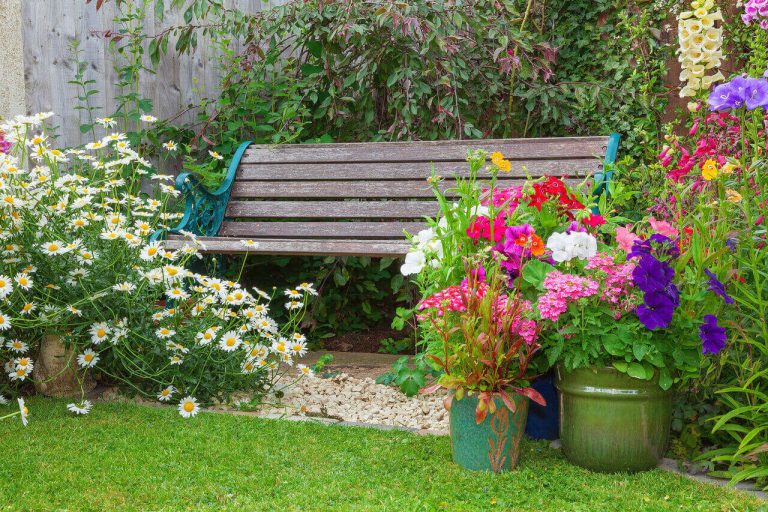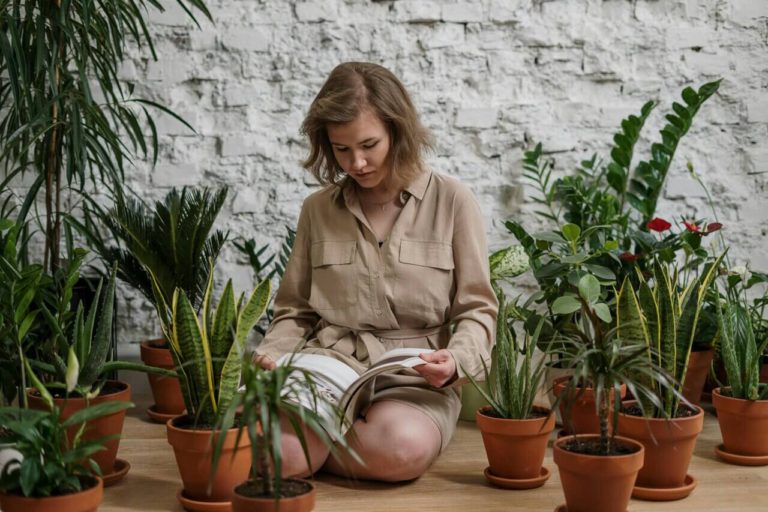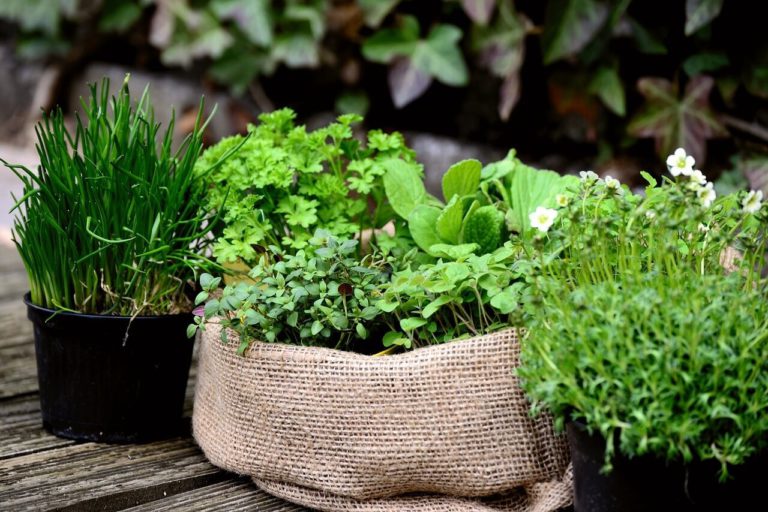Gardening With AI
I’m curious, do you use AI to garden? By gardening with AI, I mean using tools to be more efficient and make gardening easier.
By this time, most people have heard of AI, but many have never used it. Personally, I LOVE it and use it every day. Not only do I use it to help in my business, I use it for things around the house, like finding new recipes for dinner, listening to music, and identifying plants and insects in my garden.
I’m finding that AI, specifically ChatGPT, is very useful in helping to create healthy recipes. Although I once loved garlic and ate it all the time, I must have overindulged because I can’t eat it anymore. Or onions, for that matter. This makes it difficult for me to find recipes without these two common ingredients.
But with AI, I can ask for a recipe created without garlic and onions, and voila, dinner is practically ready (well, almost, I still have to prepare it!). But someday, who knows?
This got me wondering, could AI help with gardening too? As I looked into it, I found that AI is already making a significant impact in the world of agriculture. And soon, it may help home gardeners like you and me manage our plants more effectively.
How Gardening with AI is Revolutionizing Commercial Agriculture
AI is already making big changes in the agricultural industry by enhancing productivity and sustainability. AI enables farmers and agricultural companies to make smarter, data-driven decisions from field to market.
One of the most exciting recent developments is the partnership between Syngenta Crop Protection and Taranis. By combining Syngenta’s agricultural expertise with Taranis’s AI-powered insights, this collaboration is helping U.S. vegetable growers get real-time, leaf-level data on crop health to detect weeds, pests, diseases, and nutrient deficiencies.
In a recent issue of Vegetable Growers News, Paul Backman, Syngenta’s head of digital agriculture for North America, shared that this partnership is intended to empower agricultural retailers by giving them “better, faster, and more precise service” to offer farmers.
Opher Flohr, CEO of Taranis, sees this as a huge step toward what he calls “the AI revolution for production agriculture.” With real-time data, growers can respond instantly to threats. As a result, they can optimize crop yield and quality.
These tools are creating what’s known as “precision agriculture.” This is where AI helps optimize every aspect of the farming process.
For example, advanced imaging, drones, and satellite data allow farmers to pinpoint exactly where a crop may need water, fertilizer, or pest control. This reduces resource waste and minimizes environmental impact.
Other Key AI Players in Agriculture
Syngenta and Taranis aren’t the only companies leveraging gardening with AI in agriculture. Other companies like Bayer, John Deere, IBM, and Microsoft are also using AI to find solutions for growers.
Bayer’s Climate FieldView platform leverages AI to give farmers detailed insights into crop health, soil moisture, and weather patterns. This enables precise adjustments for optimal growth. The platform uses data from various sources to examine field conditions in detail.
John Deere’s acquisition of Blue River Technology led to the development of the “See & Spray” technology. It uses AI to distinguish between crops and weeds which allows for targeted herbicide application. This approach reduces chemical usage and promotes sustainable farming practices.
IBM’s Watson Decision Platform for Agriculture combines AI with data from The Weather Company. They use it to assist farmers to predict crop yields, manage water resources, and determine optimal planting times. This integration helps farmers anticipate and mitigate weather-related impacts on their crops.
Microsoft’s FarmBeats initiative uses AI and Internet of Things (IoT) technologies to collect and analyze soil, crops, and weather data. By employing low-cost sensors and drones, FarmBeats want to provide farmers, especially in remote or less-connected areas, with hands-on strategies to improve productivity.
These examples demonstrate the broad impact AI is having on agriculture. By helping farmers understand crop health, reduce waste, and maximize yield, AI is pushing the boundaries of what’s possible in the industry.
The Impact of Gardening with AI on Home Gardens
Okay, that’s fascinating, but what does it mean for individual veggie growers?
It means that AI is already accessible to us gardeners. But while the agriculture industry sees large-scale transformations, gardening with AI for home growers looks a little different yet is still incredibly helpful.
AI-powered gardening apps can help gardeners diagnose plant health issues. You only need to take a picture of your plant, and the app will identify the species, recommend care tips, and even alert you to common problems, like pests or diseases.
Companies like Parrot offer devices that monitor soil moisture, sunlight, and temperature around your plants. Then, the device sends this data to an app, where you can get insights into your plants’ health. Some smart garden devices even adjust watering and light levels automatically to keep plants healthy. This makes gardening easier for beginners and experienced gardeners.
If you’ve ever dreamed of redesigning your garden but felt overwhelmed by the planning, some gardening planner tools use AI to help. You input your space, climate, and plant preferences, and these tools can suggest layouts and plants suited to your area. How great is that?!
Large farms might use drones and high-tech cameras, but some apps now offer pest and weed detection for backyard gardens. Some smart garden tools allow users to take a photo of a weed or pest. Then the app quickly identifies it and suggests natural remedies.
AI-Driven Tips for Home Gardeners
AI can help gardeners like you and me with several challenges. They can monitor soil health seasonally and through community learning.
With AI-powered gardening apps, you can get reminders on when to plant, water, or harvest based on your location. For example, you can receive alerts for the first and last frost dates. This would help you plan your gardening schedule.
It’s important to keep track of soil health for plant growth. By using soil sensors connected to apps, you can monitor soil pH, moisture, and temperature. This information is invaluable, especially if you’re growing specific plants with unique needs.
Some AI gardening apps connect with a community of gardeners who share tips and advice. AI moderates these communities, directing you to the most relevant information and troubleshooting steps.
The Future of Gardening with AI in Agriculture
As AI technology continues to evolve, the line between commercial and personal use becomes more blurred. Soon, gardeners could use drones for large gardens or even set up automatic watering systems controlled by AI. More advanced gardening with AI might also integrate with home assistants, making gardening hands-free.
For instance, imagine asking your smart assistant to “check on the tomatoes” and getting an update on soil moisture, sunlight, and even pest levels. Or perhaps using an app connected to local nurseries that alerts you to seasonal sales based on what’s currently in your garden. These ideas aren’t that far out. After all, robot lawnmowers have been on the market commercially since the mid-1990s.
Sustainable Gardening with AI
Another exciting prospect is the potential of AI to encourage sustainable gardening. As agriculture shifts to more eco-friendly practices, the same tools could become available for home gardeners. Imagine if you could optimize water usage or choose pest control methods that don’t harm beneficial insects. You might even be able to track your garden’s carbon footprint.
Referring back to the recent partnership between Syngenta Crop Protection and Taranis, CEO Opher Flohr noted that an “instantaneous understanding of the issues and the optimal solution creates efficiencies and opportunities the industry has never seen before.”
This collaboration exemplifies how AI-driven insights are transforming agriculture, empowering growers with faster, data-backed decisions that boost productivity and sustainability.
AI as a Gardener’s New Best Friend
Whether you’re a commercial grower or a home gardener, gardening with AI has the potential to transform the way you work with plants. From advanced agronomy tools used by industry giants to mobile apps designed for everyday gardeners, AI is making gardening smarter, more efficient, and more sustainable.
So, next time you’re in your garden, consider how AI might help you manage it better. As technology develops, we may see a future where every gardener has a virtual assistant ready to help them grow a beautiful, productive garden – no garlic or onions required.
I’m Kim Nelson, a writer, entrepreneur, and Master Gardener; please connect with me. Have gardening questions or want more information? Join the VeggieGardenHQ.com community to get your copy of “Grow These Three Vegetables Anywhere Year-Round” and direct access to much more gardening information I share in my weekly newsletter.

